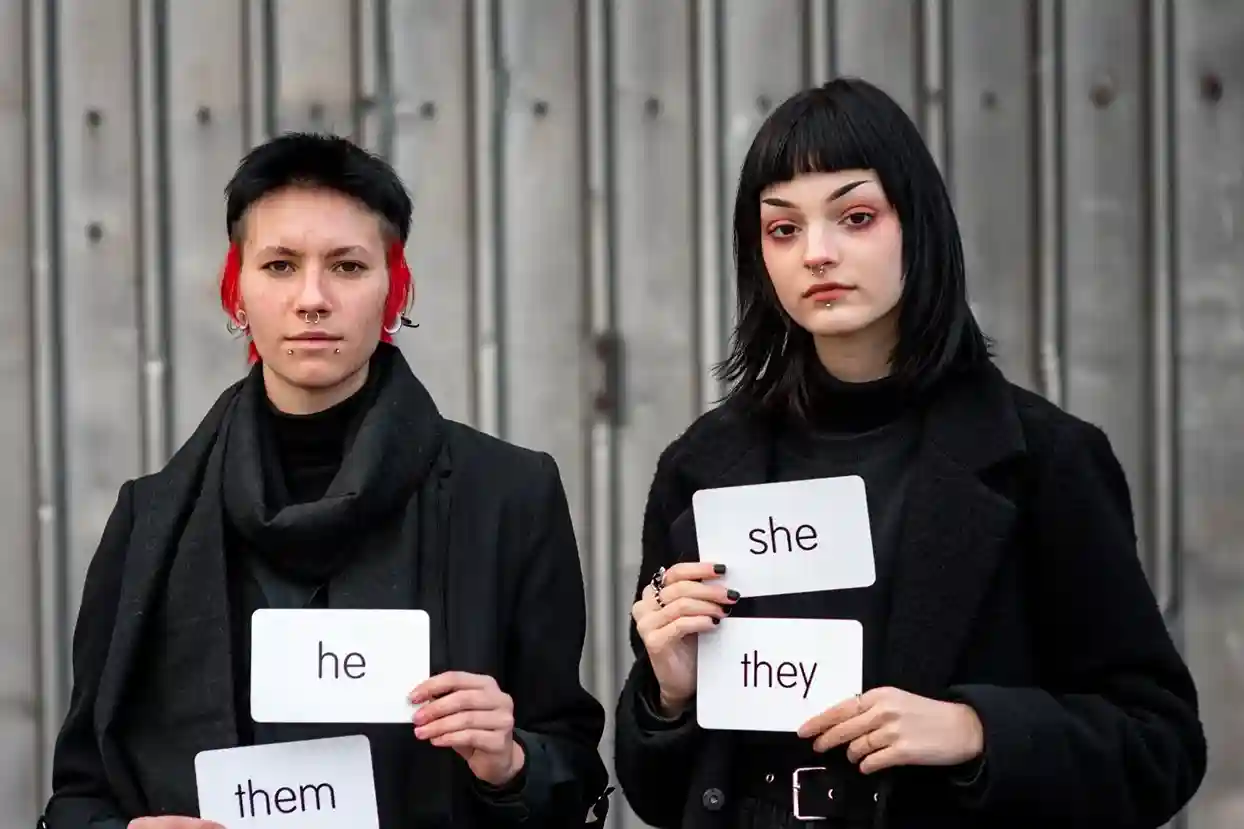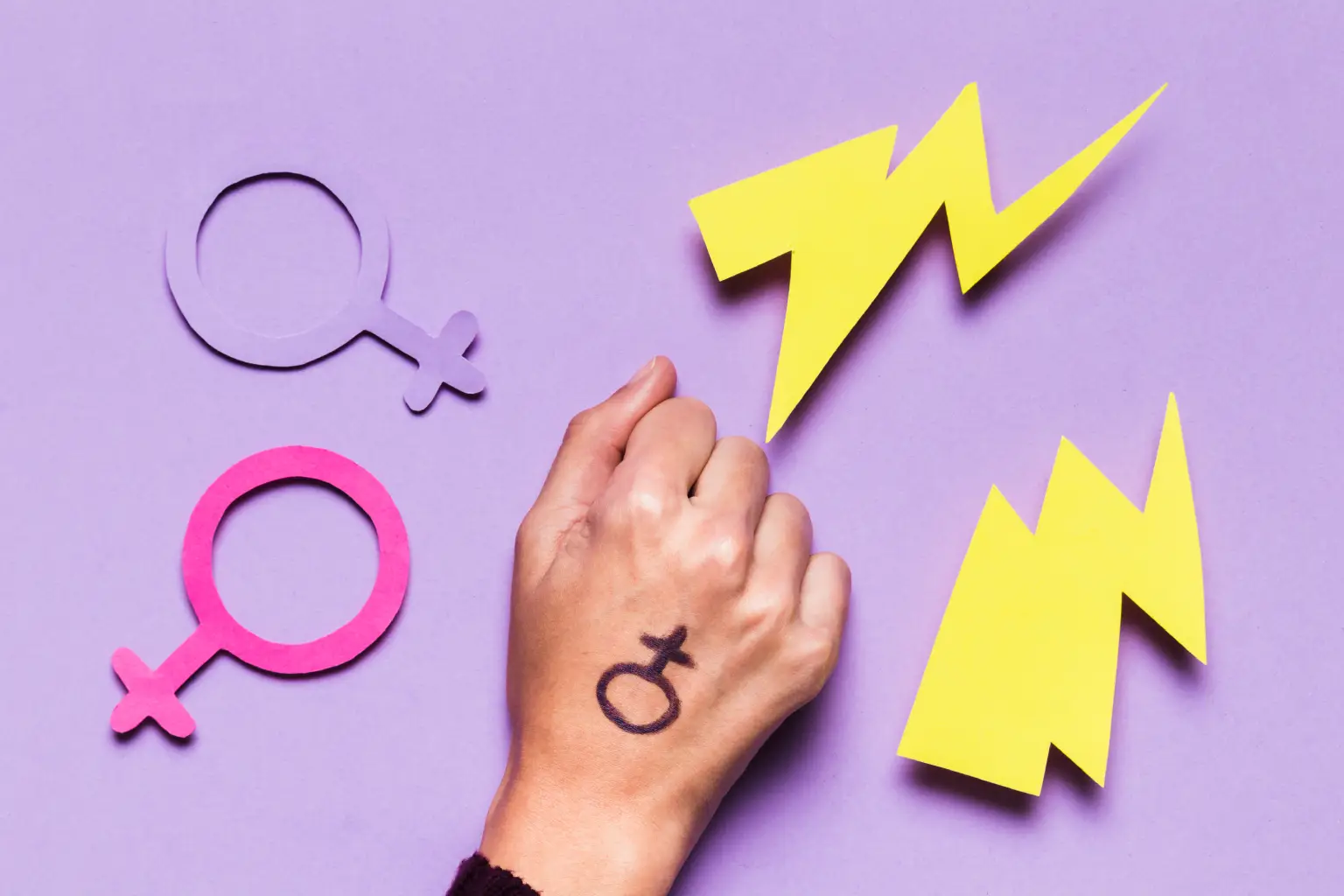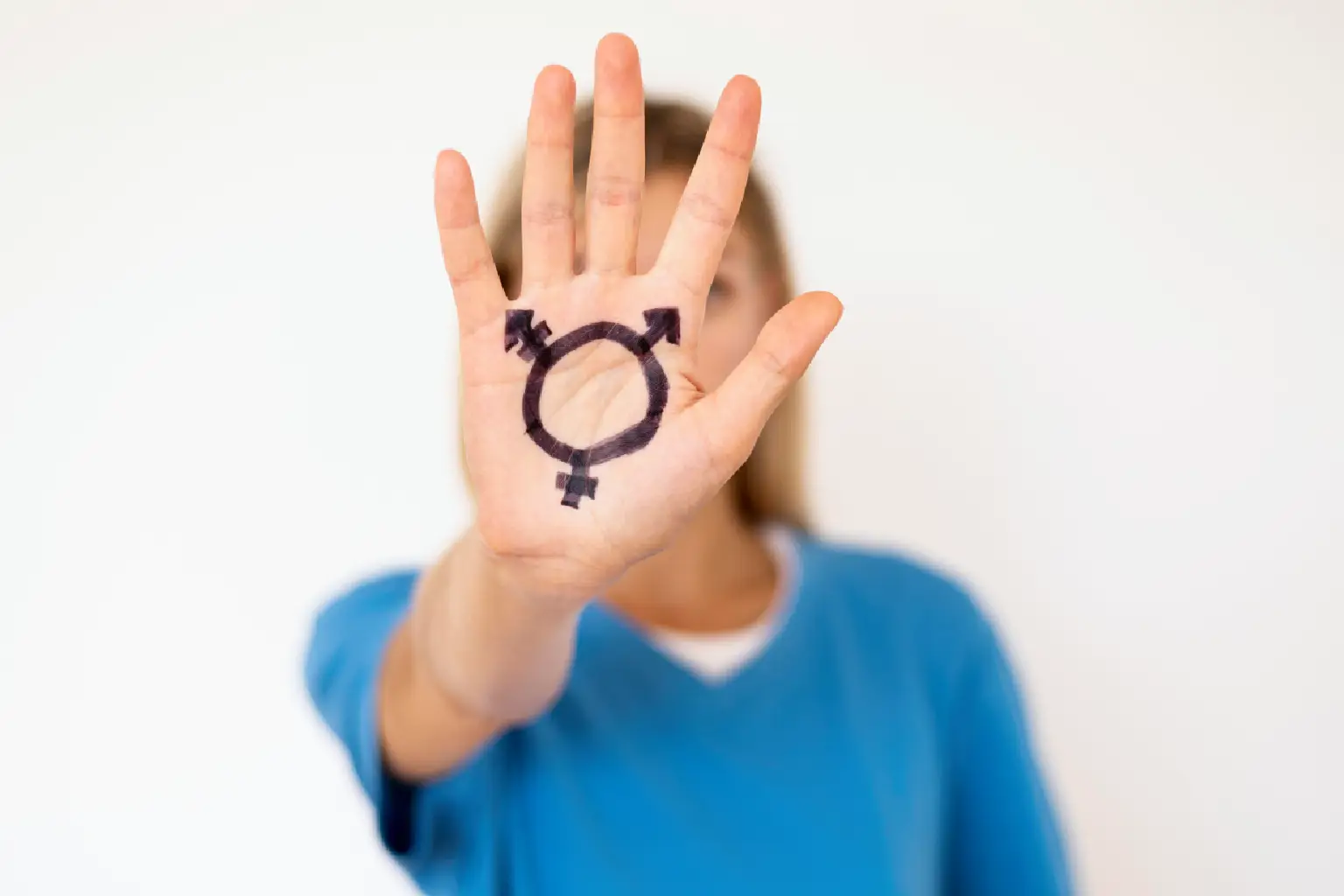Why would a woman swoon when a man insists on holding the door open, pulling out her chair, or saying, “A woman like you should never have to lift a finger”? It looks like a harmless romantic gesture, but below the surface is a more complex, more subtle dynamic. This desirability of protective behavior—even tinged with old-fashioned gender expectations—has long confounded psychologists, feminists, and relationship experts.
Welcome to the paradox of benevolent sexism—a psychological term that refers to attitudes towards women that may seem respectful and courteous but are based on a belief that women are weaker and need the protection of men. Such beliefs may well seem sweet on the surface, but they subtly perpetuate gender inequality and traditional roles.
So why do such traits still feel attractive to many women, including those who identify as progressive or feminist? Is it conditioning? Biology? Or something even more nuanced?
In this article, we’ll break down the psychology behind benevolent sexism, explore the myths and realities surrounding attraction to such behavior, and help readers recognize the line between genuine care and subtle control.

What Is Benevolent Sexism?
Benevolent sexism psychology was first described by scholars Peter Glick and Susan Fiske in the 1990s. It refers to attitudes that idealize women as moral, pure, nurturing, and requiring male protection. These attitudes seem respectful and kind—yet they reinforce traditional gender roles and discourage autonomy.
For instance:
- Women need to be protected and cherished by men.
- Women are more moral and gentle by nature.
- It’s a man’s responsibility to take care of and make choices.
The threat is in its difference from hostile sexism, it’s basically benevolent vs hostile sexism, which is openly derogatory or controlling (for example, “women are too emotional to lead”). While hostile sexism punishes women for not fitting into old molds, benevolent sexism rewards them for complying. But both do enforce gender stereotypes in relationships and block actual equality.

The Psychological Pull behind It
Why should one be attracted to these attitudes, even unconsciously? Some of the reason has to do with evolutionary psychology attraction. Throughout history, women have relied on male guardians for bodily safety and resource protection. That survivalist model still affects contemporary preferences—particularly in situations where women do not feel safe or supported.
Here, a lot of women emotionally feel secured by traditionally protective males. He provides stability, guidance, and a feeling of “being taken care of.” This resonates with some as an echo of early relationship patterns from childhood or movie scripts. Women brought up to believe in nurturing and protection might unconsciously be attracted to men who repeat those characteristics—even when those characteristics have old-world assumptions.
That’s not weakness—it’s conditioning. When you’ve been raised on the message that love translates as sacrifice and protection, it’s hard to break the connection—no matter what you think intellectually.

The Role of Romantic Ideals and Chivalry
We grew up on tales of idealized romantic chivalry—the man saving the woman, dominating her, or battling to “win” her. Fairy tales and romantic comedies reinforce the vision of the tough, assertive male and the fragile, appreciative female. These messages can profoundly impact our perception of intimacy and connection.
In most cultures, the traditional masculine model of relationships is admired—men who dominate, protect, and lead are considered most desirable. But the boundary between care and control can easily become confused. A man who demands to protect his partner might also make choices for her or overrule her autonomy.
Dating and gender stereotypes add to the complexity. Women learn that “real men” pursue, pay, and provide, and men are encouraged to demonstrate their masculinity by controlling resources or situations. These kinds of dynamics make it more difficult to separate romantic gestures from highly ingrained power imbalances.

Why Even Feminists May Feel the Pull
It might shock some, but even feminist women are attracted to benevolently sexist men. Why? Because values and needs aren’t always one and the same. This is referred to as cognitive dissonance—when our beliefs don’t mesh with our actions or feelings.
In contemporary gender roles and relationships, most women bear the baggage of early conditioning. Feminism may lead them to believe that they are entitled to equality, but if they have been conditioned to associate love with sacrifice or protection, it takes time to unlearn it.
There is also the fact that we exist in a society that still pays and idealizes traditional gender roles. Feminism and dating often clash because dating society still values men who “take charge” and women who “let them.” This creates conflicted feelings or guilt for women who intellectually are looking for equality but emotionally are looking for security.
Being attracted to this dynamic does not make one anti-feminist. It underscores how deeply social expectations imprint our emotional templates.

The Hidden Costs of Benevolent Sexism
Although benevolent sexism can be flattering, it has negative repercussions in the long run. The ill effects of benevolent sexism unfurl over time. Women in these relationships can feel emotionally nourished but subtly confined—dissuaded from leadership positions, solo travel, or independent finance.
In these cases, sexism in relationships isn’t about shouting or abuse—it’s about shaping someone’s life quietly, through protection disguised as love. For instance, a partner may say, “You don’t need to work late; I’ll take care of everything,” implying that her ambitions are less important.
Benevolent sexism psychology posits that men possessing this mentality are likely to oppose joint decision-making or become upset with a woman’s success. In time, this will diminish a woman’s perception of independence, impact her professional life, and encourage dependency—in the name of care.

How to Develop Awareness and Make Informed Choices
Awareness comes first. In order to create healthy relationship dynamics, women (and men) need to examine what they are drawn to—and why. Ask yourself: Does this person respect my autonomy? Do I feel free and honored, or subtly eroded?
Not every protective move is controlling—but habit is a clue. Real care is reciprocal, not one-way.
The objective isn’t to dismiss romance or niceness. It’s to establish gender equality within relationships where both the man and woman support, care for, and empower one another. Relationships flourish when there is shared decision-making and mutual respect.
In selecting the ideal partner, do not be carried away by mere surface sweetness. Is the sweetness dependent on your remaining in a constricted role? Or is it a reflection of mutual respect and care?

Conclusion: Rethinking What We Find Attractive
The psychology of attraction reminds us that we tend to react to what we know, not necessarily to what is best for us. That’s why acknowledging internalized beliefs and cultural conditioning is important when we’re exploring who and what we’re attracted to.
In our current era, when women are asserting space in all domains of life, it’s critical to examine how our love patterns enable—or disable—that freedom.
Benevolent sexism in love can seem sweet, but eventually, it can forge unequal relationships. As we become more conscious, we can start re- examining gender roles in romance—and open ourselves to healthier, more complete relationships based on equality, not hierarchy.

FAQs
Q1. Can benevolent sexism coexist without hostile sexism?
In theory, yes—but usually they’re two sides of the same coin. One is rewarding compliance, the other is punishing resistance.
Q2. Are all traditional gestures sexist?
Not necessarily. It’s about the intent and the dynamic behind them. Kindness and control are not the same thing.
Q3. How do women balance equality and romantic preference?
By taking notice of their patterns, speaking clearly, and putting first relationships where both partners have room to grow.
Q4. Is there something wrong with wanting to feel taken care of by a partner?
Not necessarily. The question is whether that protection honors your autonomy—or erodes it stealthily.
